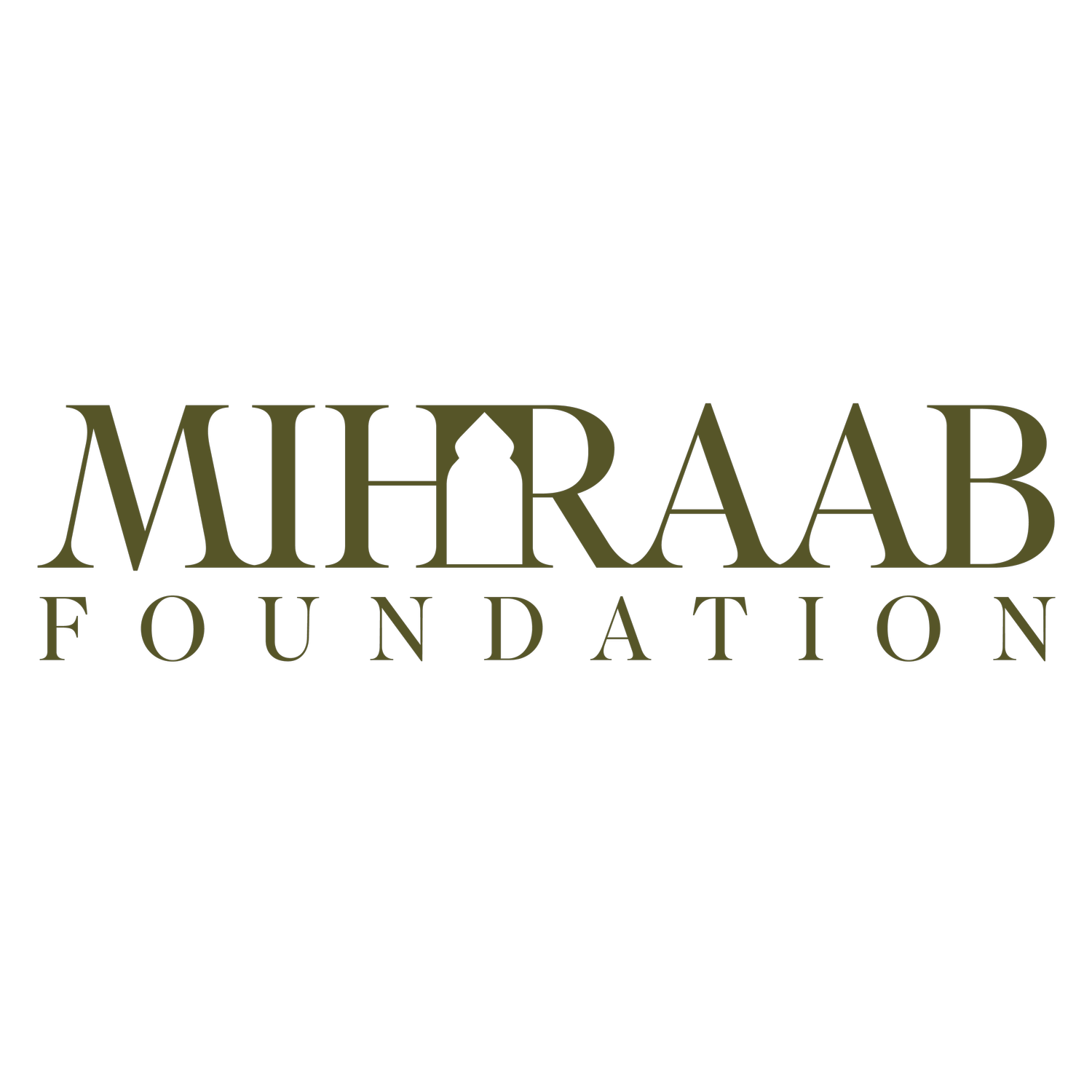
The Tangible Sunnah, part one: Crafting Akhlāq
On a threateningly moist autumn day, ten-year-old Abdullah stepped out of the vehicle and headed toward the bridge crossing the North Fork Snoqualmie River. He had been training for weeks for his first ten-mile hike, bringing with him something no pack list could provide: the desire to achieve.
Islam at Our Doorstep: Addressing Division in America
When issues are not firmly tethered to the “rope of truth” and consistent epistemology, the dividing lines are condemned to be blurred, moved, and obfuscated at the whim of political interest, leaving only a practiced sense of tribalism and masterful propaganda to lead the charge.
Serving Until the Final Farewell
We are in an age defined by relentless pace and growing individualism. Our society is quietly eroding the sacred bond of family. Among the most significant consequences of this shift is how we, as Muslim families, care for our elderly and ailing parents. As a community, we face the dilemma of placing our parents in a nursing home, paying for in-home-care, or just toughing it out…
Our parents are not just dependents, they are honored guests whom Allāh Most High has placed in our care for a fleeting, precious window.
Between the Lines: Revelation’s Divine Order
After this incident, and the contrast and parallels displayed by Adam and Iblīs, the very next story the noble Qur’ān enlivens is that Musa, upon him be peace, and Fir’awn. The mirroring is crystal clear. Musa is like his father, and Fir’awn, although human, in an inheritor of the clear enemy, Shaytān.
Moon Sighting & Calculations
The Prophet ﷺ said: ‘Fast when you see it, and break your fast when you see it. If it is obscured, then complete thirty days.’ This simple guidance affirms why the majority of scholars have always favored moon-sighting over astronomical calculations. It is not a rejection of science, but a commitment to a method rooted in prophetic clarity and accessible to every believer, in every land, and at every time. The dīn of Islām is divinely preserved in its simplicity, and unity will come not through convenience, but by holding firmly to the rope of Allāh.
